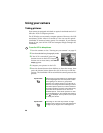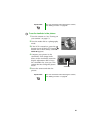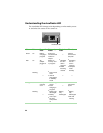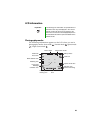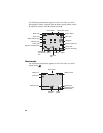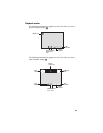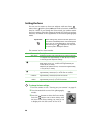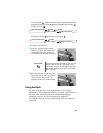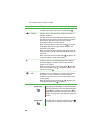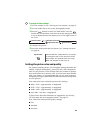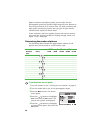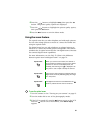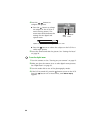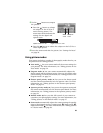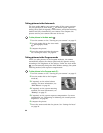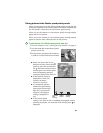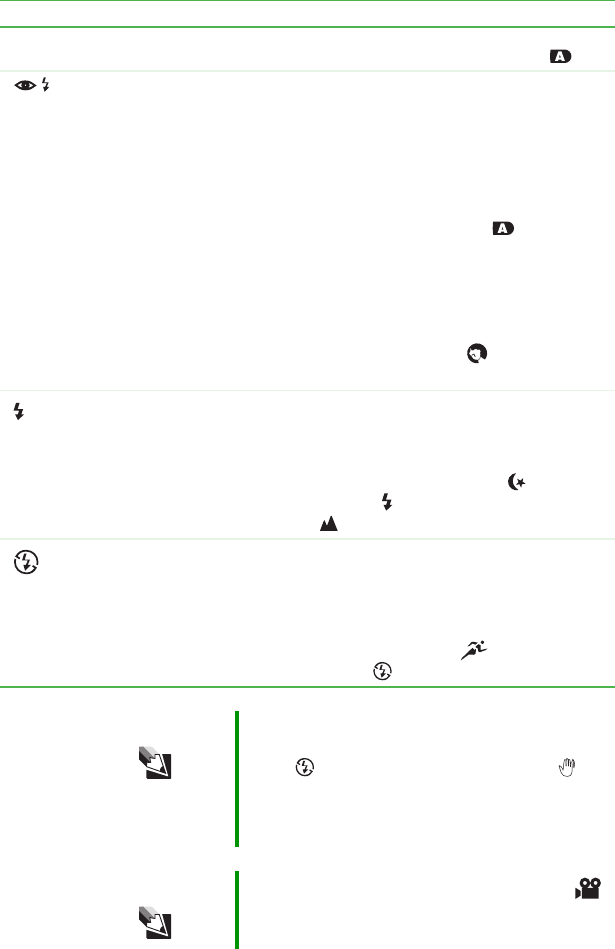
28
The camera has four Flash modes:
Icon Flash mode Description
Auto flash The flash fires automatically according to the ambient lighting
conditions. Auto flash only works in the Auto mode
.
Red-eye
reduction
Select this mode for general photography. Use the red-eye
reduction flash to take pictures of people and animals in
low-light conditions.
The flash emits a precursor-flash before the main flash fires.
This causes the eye’s pupil to contract, reducing the red-eye
phenomenon. The flash always fires twice, and the
photograph is taken at the second flash.
When the camera mode is set to Auto mode or Program
mode P, the flash fires at a light intensity based on the
brightness of the subject.
When the camera is set to Shutter speed priority mode Tv,
Aperture priority mode Av, or Manual mode M, the flash will
always fire.
When the camera is set to Portrait mode , the flash is set
to Red-eye reduction mode automatically.
Forced flash Select this mode for photography in high contrast lighting
situations (such as a strong backlight behind a subject),
fluorescent lighting, and other situations that need fill-in
lighting on the subject.
When the camera is set to Night scene mode , the flash
is set to Forced flash mode automatically, except in the
Infinity focus mode .
Suppressed
flash
Select this mode for places where flash photography is
prohibited, when the subject is too far away for the flash to
be effective, or when in situations where the lighting
conditions may be low but you want to take pictures in the
natural lighting.
When the camera is set to Sports mode , the flash is set
to Suppressed flash mode automatically.
Tips & Tricks If the lighting conditions are too dark for a handheld
picture and the flash is set to the Suppressed flash
mode , the unsteady hold warning icon is
displayed to indicate that the picture may be blurry
if taken. You may want to use a tripod to steady the
camera.
Tips & Tricks The flash does not operate in the Movie mode
or Continuous or Auto Exp. capture modes.



